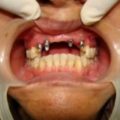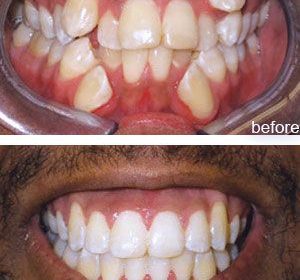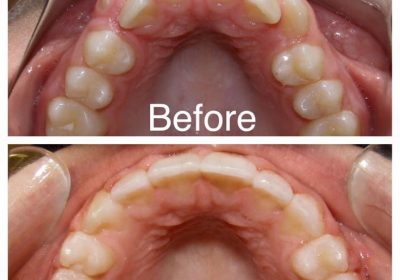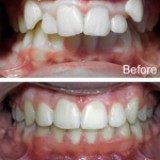We offer more kinds of braces than ever before. Check out your options:
Metal braces/Traditional braces
These are the metal brackets and wires that most people picture when they hear the word “braces.” However, modern brackets are smaller and less noticeable than the notorious “metal-mouth” braces than many adults remember. Plus, new heat-activated archwires use your body heat to help teeth move more quickly and less painfully than in the past.
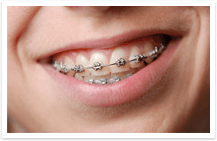
Pros: Least expensive type; colored bands give kids a chance to express themselves
Cons: Most noticeable type of braces
Ceramic Braces
Ceramic braces are the same size and shape as metal braces, except that they have tooth-colored or clear brackets that blend in to teeth. Some even use tooth-colored wires to be even less noticeable.
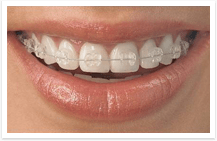
Pros: Less noticeable than metal braces; move teeth much faster than clear plastic aligners (Invisalign)
Cons: More expensive than metal braces; Brackets can stain easily if patients don’t care for them well
Lingual Braces
Lingual braces are the same as traditional metal braces, except that the brackets and wires are placed on the inside of teeth.
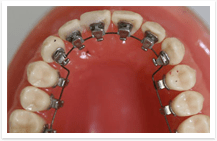
Pros: Invisible from outside
Cons: Difficult to clean; more expensive; not appropriate for severe cases; can be more uncomfortable at first; regular adjustments take longer and are more difficult than with traditional braces
Invisalign
Invisalign consists of a series of 18 to 30 custom-made, mouth guard-like clear plastic aligners. The aligners are removable and are replaced every 2 weeks.
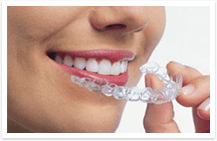
Pros: Almost invisible; Patients can eat and drink whatever they want
Cons: Will not work for serious dental problems; only available for adults and teens, not children; more expensive option; can be easily lost and costly to replace; treatment may potentially take longer.


